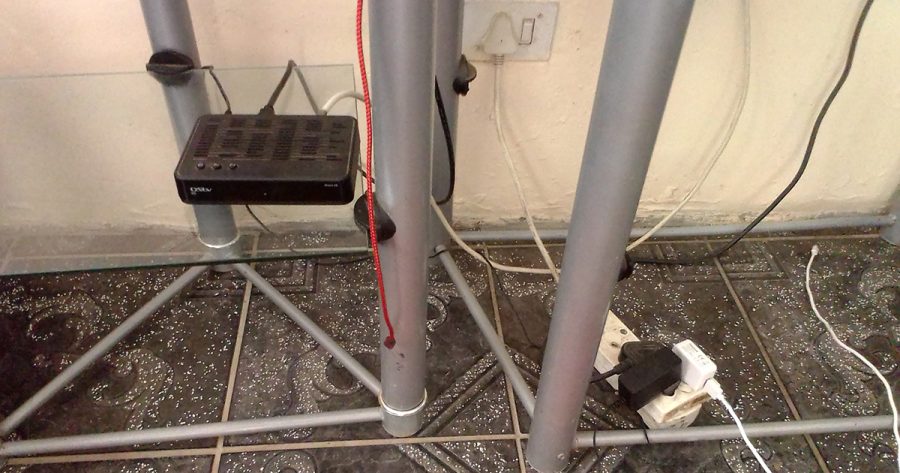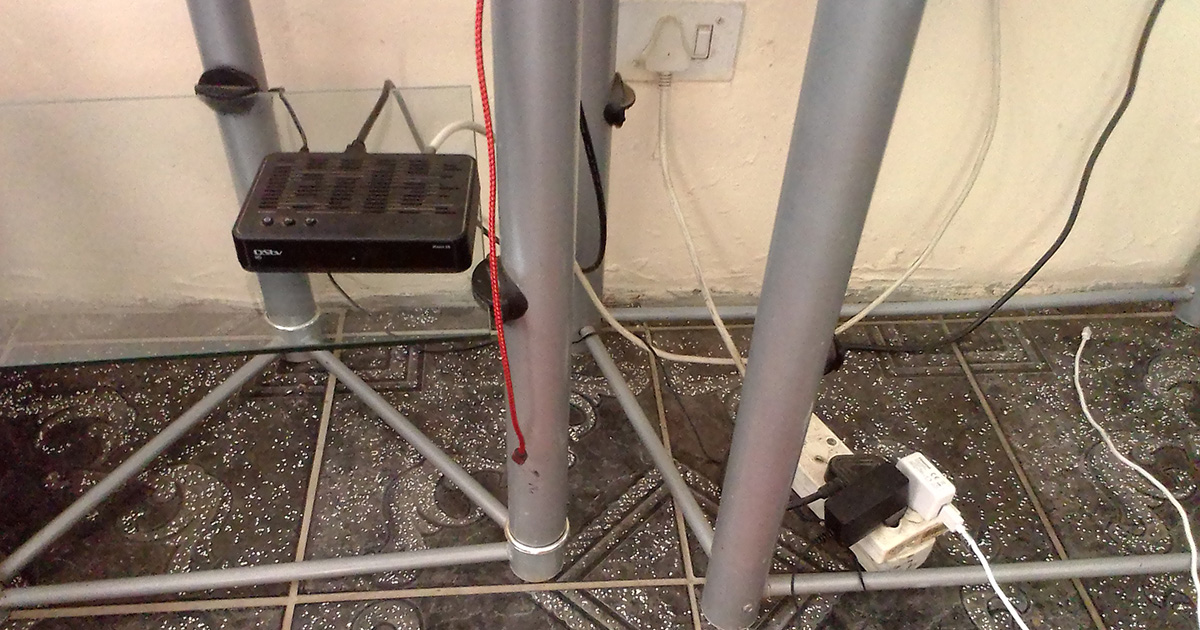
Human needs are central to a load shedding solution
Just by watching television, many people’s needs are being satisfied while viewing their favourite program. BUT when the electricity goes off, they spend hours gazing at the standby mode of their television or decoder, frustrated by load shedding and these non-stop blackouts. By Godfrey Sigwela. Eskom has added another stress by running an advertising campaign […]

Just by watching television, many people’s needs are being satisfied while viewing their favourite program. BUT when the electricity goes off, they spend hours gazing at the standby mode of their television or decoder, frustrated by load shedding and these non-stop blackouts. By Godfrey Sigwela.
Eskom has added another stress by running an advertising campaign urging residents not to leave appliances on standby mode. According to Eskom, they are still using up to 15% of the electricity they normally use. If effective, this advertising campaign could assist in adding capacity to Eskom.
At this stage, everyone in South Africa – including grown up children – is suffering a certain amount of stress. Just by hearing the word “load shedding”.
Organisations like the South African Depression and Anxiety Group (SADAG) have confirmed the negative psychological impact of load shedding on residents.
According to SADAG, load shedding has reduced social interaction between family members. And when the electricity is back, people are stressed out trying to finish tasks that were supposed to be completed before the blackout.
School children too end up being depressed as they rush to complete homework and prepare for the next day in the classroom.
Dr Bronwyn Dworzanowski-Venter, from the Faculty of Humanities at the University of Johannesburg, conducted research with SADAG members on the impact of load shedding on mental health.
Dr Dworzanowski-Venter said:
“We may not know when the power will return or how to fix damage to the electrical, communications and water infrastructure; but we can and should build our own psychological insulation infrastructure and frame the crisis on own terms.”
The findings of the research revealed that load shedding impacted South Africans’ daily lives, fears, feelings (particularly a sense of helplessness) and how they are managing to cope in this crisis.
Sadag said respondents reported “high levels of performance anxiety and work-related stress” compounded by the fact that despite outages they were still expected to deliver work.
At this juncture, if the newly appointed Minister of Electricity, Kgosientsho Ramokgopa is not sure where to start, distribution stage might be the clue in finding a solution to reduce load shedding.